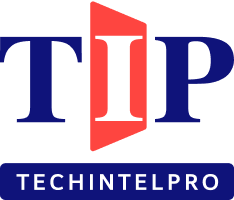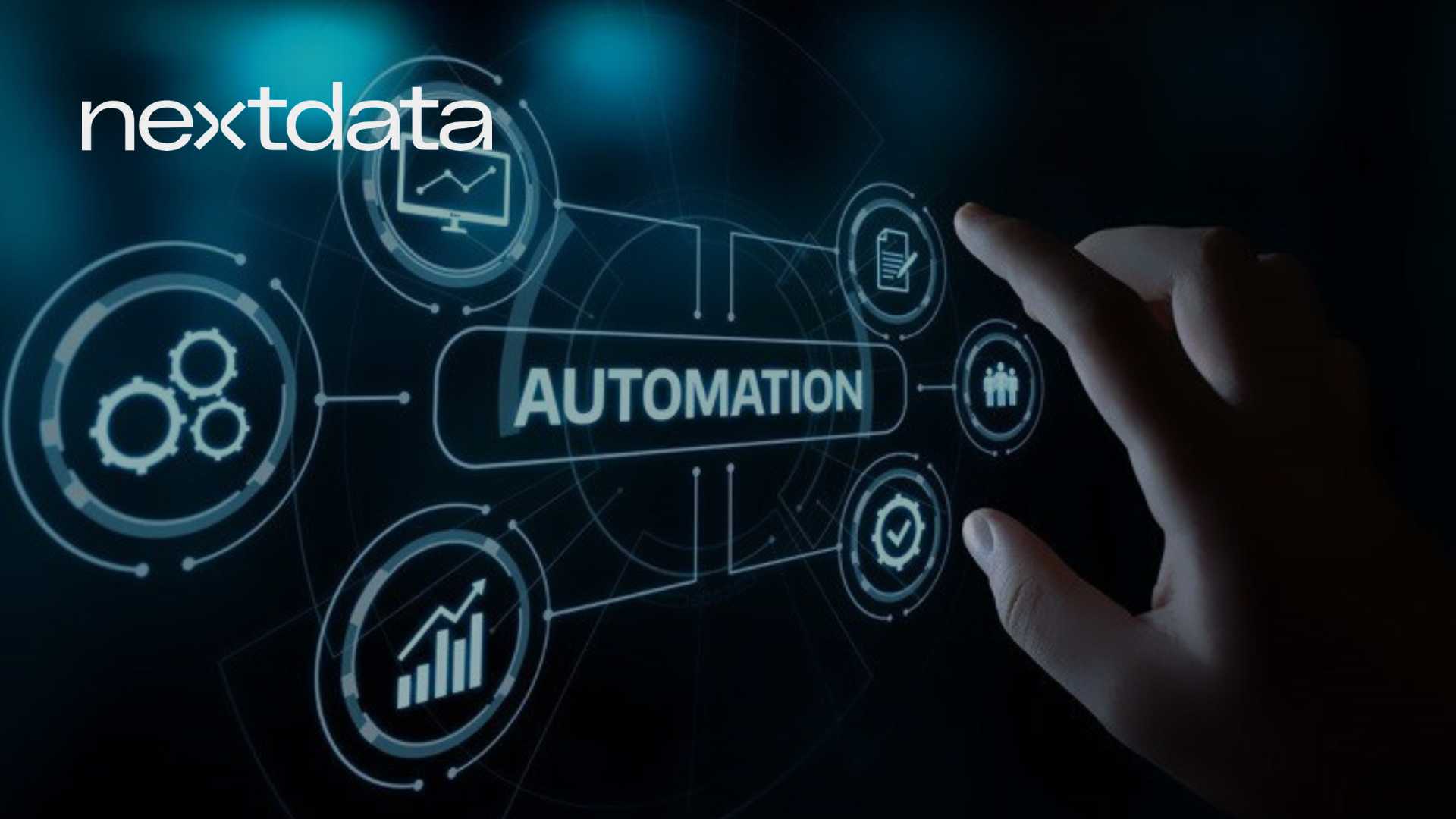


Enterprise data management is undergoing a fundamental shift to meet the demands of the AI-native world. Nextdata, the pioneer of autonomous data products, has announced a major update to its Nextdata OS platform, positioning it as a unified management system for analytics, machine learning, and AI agents. This release introduces what the company terms "Data 3.0," a new paradigm designed to move beyond the limitations of traditional data architectures and safely empower both human and AI-driven data consumption at scale.
Quick Intel
Nextdata OS update advances the platform for the AI-native era, introducing "Data 3.0."
It unifies support for structured and unstructured data within a single data product.
New features enable seamless, safe data access for AI agents via Model Context Protocol (MCP).
A co-pilot feature can automate up to 90% of data product creation, cutting weeks of work to minutes.
The goal is to reduce the time to safely unlock new data from months to minutes.
It allows enterprises to use their existing data stack without needing to replatform.
The update addresses the critical failures of what Nextdata calls "Data 2.0"—characterized by centralized lakehouses, brittle pipelines, and slow, manual governance. This old model, built for human-speed reports, is ill-suited for AI systems that require sub-second action. The new Data 3.0 paradigm is built on autonomous, domain-oriented data products that self-orchestrate, enforce governance as code from the start, and serve multiple consumption modes like MCP for agents and vectors for RAG, dramatically accelerating time-to-value.
A core enhancement is the platform's expanded multimodal support. Nextdata OS now natively handles unstructured data (e.g., documents, media) alongside structured sources, allowing a single data product to output as a table, vector, file, or MCP endpoint without additional pipelines. Crucially, it also introduces seamless agentic data access, where data products expose MCP discovery APIs. This enables AI agents to dynamically find and consume trusted, domain-specific data with rich context, ensuring they always use accurate information.
To combat the immense manual effort that plagues data teams, this release introduces powerful automation. A new co-pilot capability can generate complete, autonomous data products from a simple prompt using any major LLM. This automates the creation of semantic models, transformations, and policies-as-code, collapsing what was typically weeks of work into minutes. This 50x faster product creation directly tackles the operational overhead that consumes 70% of many data teams' efforts.
With this significant update, Nextdata OS solidifies its role as a foundational platform for the AI era. By automating data product creation, unifying all data types, and enabling safe, direct consumption by AI agents, it provides a practical path for enterprises to overcome legacy data bottlenecks and fully leverage their data for both analytical and autonomous intelligent systems.
Nextdata is the company behind Nextdata OS, the first operating system for autonomous data products. Purpose-built for the AI-native era, Nextdata OS transforms data into programmable, self-operating products—discoverable and usable by humans and AI agents alike—enabling safe, scalable, and accelerated data delivery for AI and analytics.
